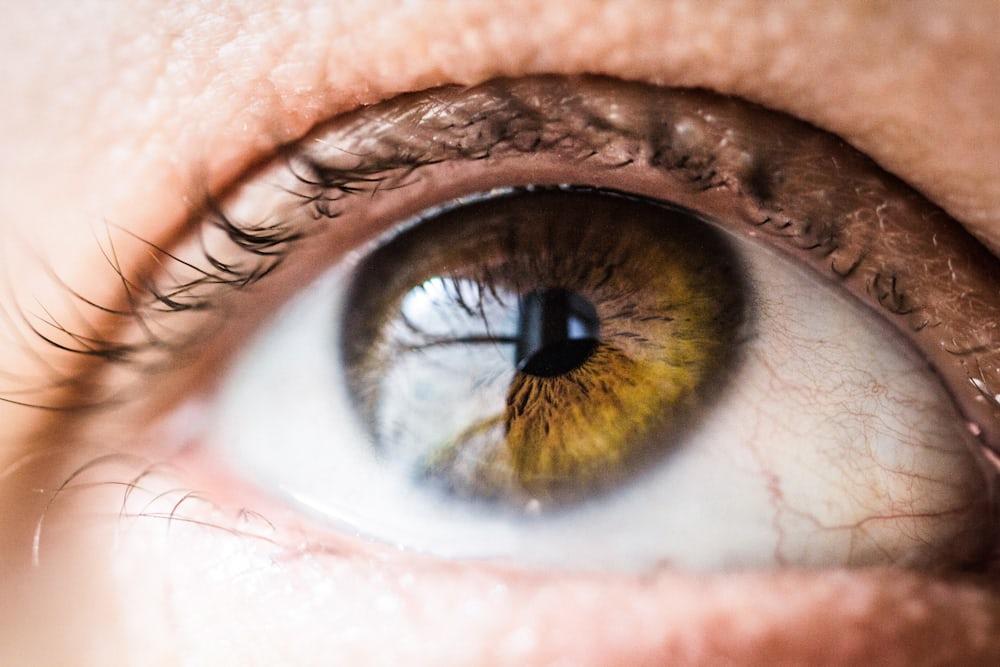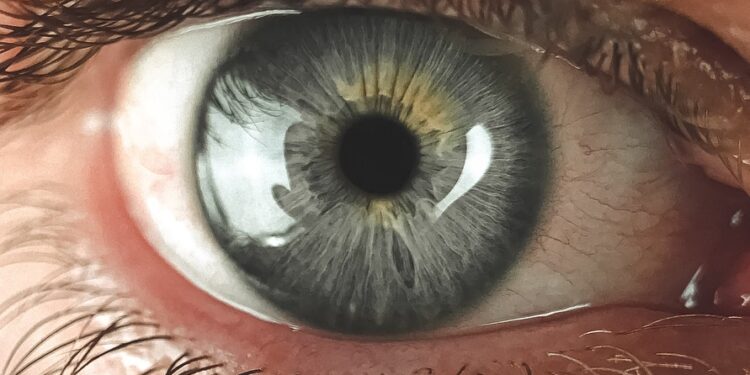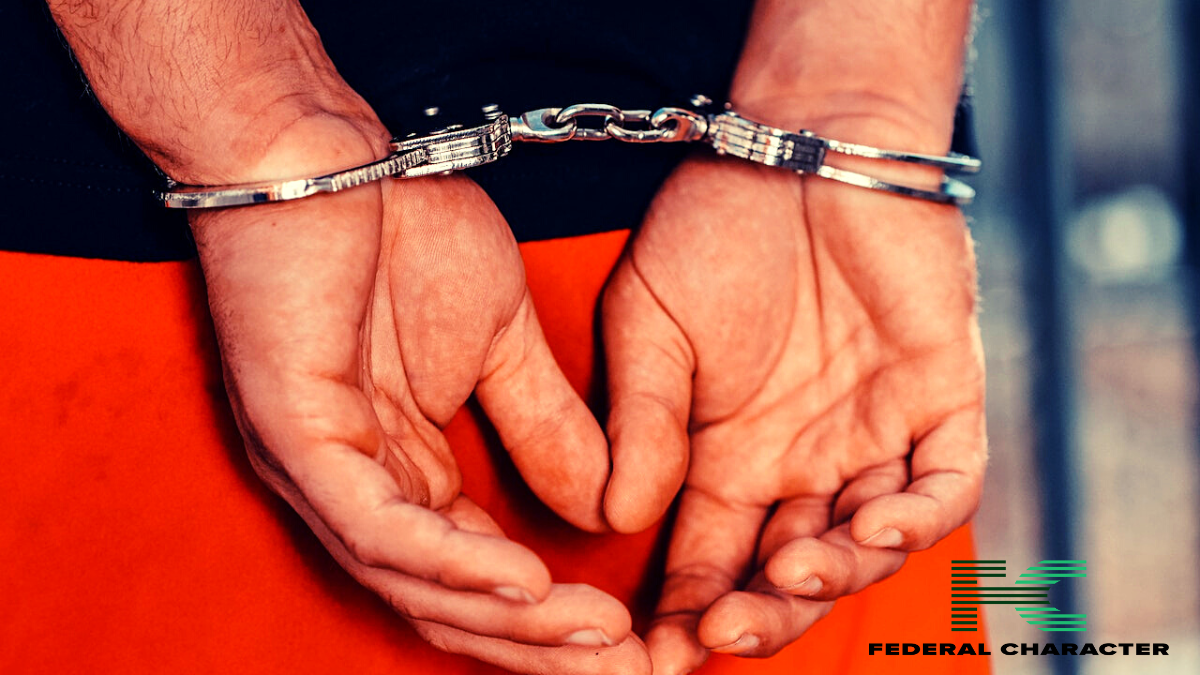Corneal abrasion is more likely than you might think. It is basically a scratch on the surface of the eye. The cornea is the clear front of the eyes which is quite sensitive, so having an abrasion that affects it, is really common. Corneal abrasion happens to people of all ages. It’s one of those injuries that happen when we least expect it. In this article, we’ll look at the process, symptoms, and causes of corneal abrasion.

Structure and Sensitivity of The Cornea
The cornea is made up of five thin and clear layers, which prevent dirt from getting into the eyes. Its main job is to focus the light that comes into your eyes.
The cornea works with the lens to make sure the object you’re looking at appears sharp. The cornea is one of the most sensitive parts of the body because it contains a lot of nerve endings.
Symptoms of Corneal Abrasion
- Eye pain
- Red eye
- Watery eye
- Eyes that are sensitive to light
- Blurry vision
- Feeling like something is stuck in the eye
- Trouble keeping the eye open
- Swollen eyelids
- Headache
- Twitching eye
- Gritty or scratchy feeling in the eye
- Eye feels tired or strained
Causes of Corneal Abrasion
Foreign objects: Specks of dust, or sand can get into the eyes unexpectedly. When you rub your eyes repeatedly, these particles scratch against the cornea, causing an abrasion.
Trauma: Injuries like accidentally poking your eyes or getting hit in the eyes can scratch the cornea. Sometimes you may be trying to scratch your eyelids and your fingernails mistakenly get into the eyes. This fingernail can scratch the cornea leading to an abrasion.
Contact lens: Contact lens can easily be a problem if it are not worn properly. If you wear them for too long or you don’t clean them properly before putting them on, you can get a scratch.
Dry eye syndrome: Sometimes the eyes don’t produce enough tear which causes it to become dry and easily irritated. In such a case, it becomes easier for the cornea to get scratched or damaged.
Chemical burns: Many skincare products come with warnings telling you to rinse your eyes immediately the product gets in them. That is because harsh chemicals in those products can cause serious damage to the cornea if your eyes come in contact with it.
Other factors: Conditions like eyelid disorder, where the eyelids don’t close properly, and having an allergy that makes your eyes itchy, makes it more likely to get a corneal abrasion.
Conclusion
Corneal abrasions can happen to anyone without warning. These abrasions are basically scratches on the surface of the eye, the thin and clear layer of the eyes, which damage the cornea. The cornea is super sensitive, which makes it easy to get hurt from things like dust, accidental pokes, or even not taking care of your contact lenses.

















